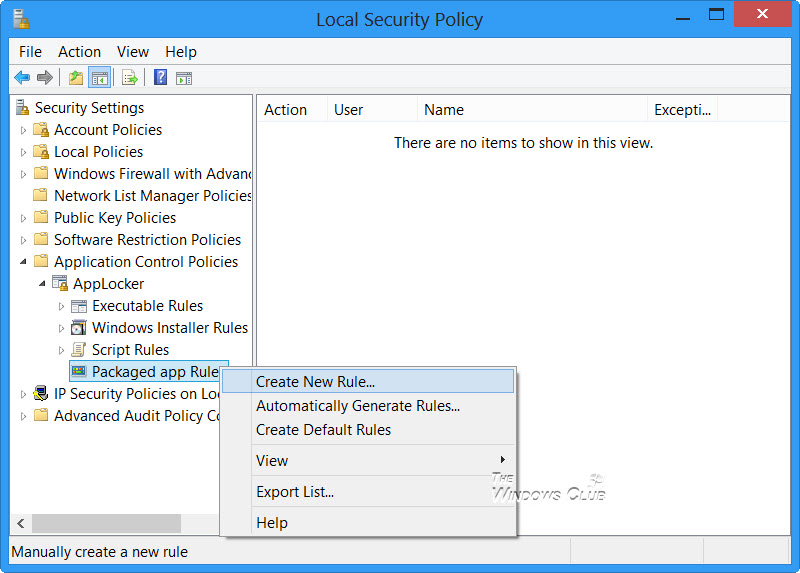

With execution policy set to Restricted, I could use the following, to actually make PowerShell run the script contents: I've created a simple script to do a certain task. But, it does come with security implications.

This is most likely a well known "trick", even by you folks. I've recently started to study and learning PowerShell scripting, and I learnt that, even if we got Set-ExecutionPolicy set to Restricted, we can still bypass it, without having to elevate PowerShell to change the execution policy.
BYPASS APPLOCKER WINDOWS 7 WINDOWS 8
I don't know if version 3, which will come out with Windows 8 and will be available for Windows 7, if it works different. This is actually something Microsoft should fix, in PowerShell. So, even with AppLocker preventing execution of *.ps1 files (PowerShell scripts), by using the above trick, the script will still be run, bypassing both PowerShell execution policies and AppLocker. But, it does allow to bypass AppLocker/SRP/etc. Of course, we're talking about a situation of using the same privileges the user has. The parameter - is what actually does the trick. powershell.exe will be run with the parameters -noprofile, which means that no PowerShell profile will be executed, and then the parameter. Then, we'll pipeline the content, using |, which will pass the content to powershell.exe. This is a script I got and that I created. \dnscrypt-proxy.ps1 | powershell.exe -noprofile -įirst, we need to use the cmdlet Get-Content to get the contents of the script dnscrypt-proxy.ps1. This is an example of bypassing its policies, by getting the contents of a script I created and pass the info to powershell.exe: To allow execution, you'd need to start PowerShell with administrative rights and then change the execution policy to Unrestricted (all scripts can run), RemoteSigned (only local scripts can run) or AllSigned (both local and remote scripts must be digitally signed).Īnyway, it came to my attention that it's possible to bypass PowerShell execution policies.

The one enabled by default is Restricted, which means no scripts are executed. Due to lazyness I stopped studies sometime ago.īy default, PowerShell scripts cannot be executed. Removable storage device (for example, USB flash drive)įor an overview of the three types of AppLocker rule conditions and explanations of the advantages and disadvantages of each, see Understanding AppLocker rule condition types.So, recently due to wanting to achieve something, I restarted my PowerShell studies. The following table details these path variables. The AppLocker engine can only interpret AppLocker path variables. Path variables aren't environment variables. For example, %ProgramFiles%\Internet Explorer\* indicates that all files and subfolders within the Internet Explorer folder will be affected by the rule.ĪppLocker uses path variables for well-known directories in Windows. When combined with any string value, the rule is limited to the path of the file and all the files under that path. The asterisk (*) character used by itself represents any path. The asterisk (*) wildcard character can be used within Path field.
BYPASS APPLOCKER WINDOWS 7 FULL
You should always specify the full path to a file or folder when creating path rules so that the rule will be properly enforced. You must specify the full path to a file or folder when creating path rules so that the rule will be properly enforced.ĪppLocker doesn't enforce rules that specify paths with short names.



 0 kommentar(er)
0 kommentar(er)
